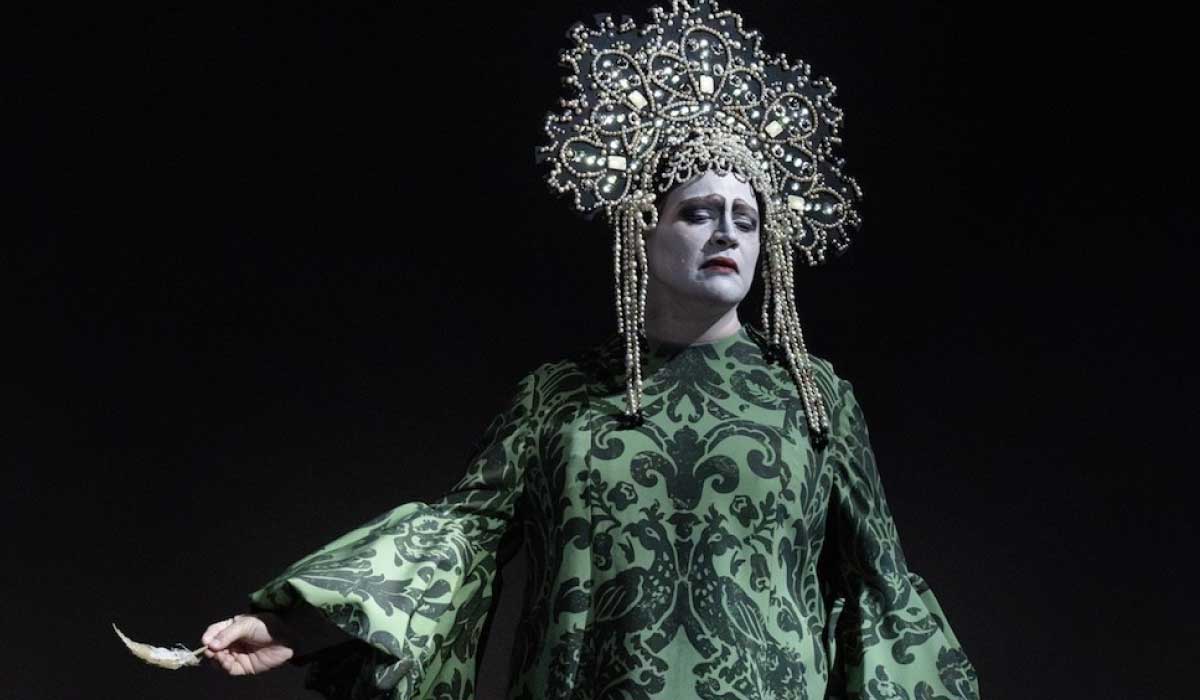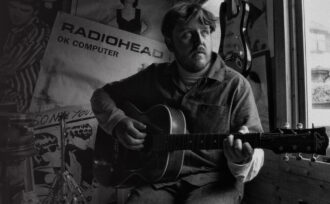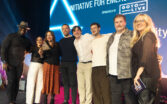ARTIST SPOTLIGHT – JENNIFER JOHNSTON
Liverpool-born mezzo-soprano Jennifer Johnston has captivated audiences across the globe with her powerful voice and dynamic stage presence.
From her early musical roots in Crosby to performing on the world’s most prestigious stages, Jennifer’s journey is a testament to her remarkable talent and deep connection to her hometown. In this spotlight, we explore her career, influences, and the passion that drives her both on and off the stage.
You’ve performed on some of the world’s most prestigious stages. How did your journey in classical music begin, and what drew you to the mezzo-soprano repertoire?
My journey into classical music began at Merchant Taylors’ School in Crosby, where I was encouraged to develop my singing. It was clear from when I was little that I made more sound when singing than everyone else around me, and I was always in tune. I sang as a soprano until I went to university, but my voice deepened and became much richer as time moved on. It’s not a choice as such to be a mezzo, I’m definitely a low(er) voice with a low centre of gravity, albeit one that can sing very high notes when required.
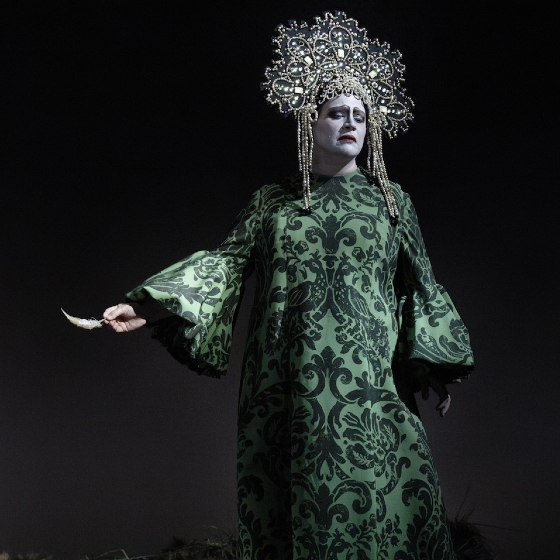
Liverpool has a rich musical tradition across many genres. How has your connection to Liverpool influenced your career and your approach to music?
My whole career has been influenced by Liverpool’s music, which is why I released my debut solo album ‘A Love Letter To Liverpool’, celebrating the city’s rich musical traditions and heritage. I grew up in a Scouse family where my parents were in a folk band, and we always sang classic songs together at home or in the car. I’m also a huge fan of The Beatles, who have never sought to hide the wide range of influences on their sound, including classical music. Folk music is very like opera, it’s all about telling stories.
You’ve taken on a wide range of roles in your career. Are there any particular roles that hold special significance for you, and why?
For me, the roles are less significant than where I’ve sung them. In particular, Mrs Grose (in Benjamin Britten’s The Turn of the Screw) at La Scala in Milan was special because it was the first time that opera was performed at the most iconic of all of Italy’s opera houses. It always feels like a huge moment to sing on that particular stage, standing in the footsteps of all the greats like Callas and Pavarotti, and I feel that even more so as a British singer, only a handful of whom have ever been granted that privilege.
Your performances often involve complex characters and intense emotional expression. How do you prepare for such demanding roles both vocally and mentally?
The trick is knowing when to switch off. It’s not healthy to practise all the time, or to inhabit a role outside of the rehearsal room or stage. If I’m playing a particularly evil or murderous character, I need to decompress and that usually involves exercise, perhaps a massage, and a glass of wine!
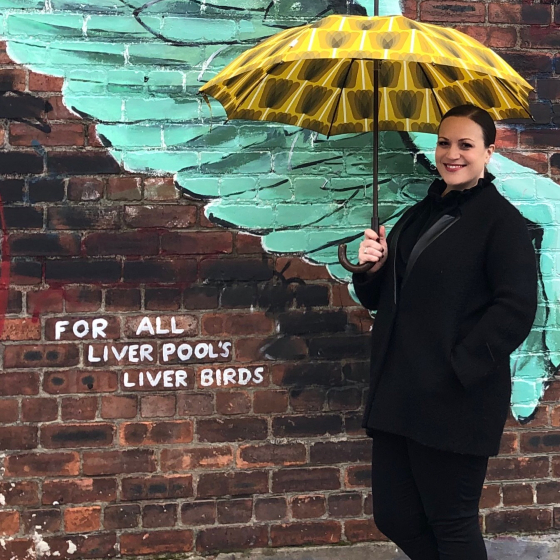
Collaboration is key in opera and classical music. Could you share an experience where a collaboration with a conductor, director, or fellow performer deeply influenced your work?
The most important collaboration of my career, aside from that with my singing teacher Lillian Watson, who has taught me for 25 years, was that I experienced with Sir Thomas Allen. I was in my first term studying as a lowly postgraduate at the Royal College of Music, and an audition notice was handed out for Britten’s Albert Herring, which was to be Tom’s debut as an opera director. He chose me over singers in the opera school to sing the role of Mrs Herring, and mentored us all through the process, with stagecraft sessions and maximum support. He encouraged me to believe in myself, a precious gift, and the day after opening night I was signed by a major international agency. The rest, as they say, is history.
The classical music world can be challenging. What have been some of the most rewarding aspects of your career, and what challenges have you faced along the way?
Covid was challenging for the entire industry, and grappling with some of the big personalities I’m surrounded by can be difficult at times. Being away from home a lot can be hard, especially when homesickness sets in. The music itself can also be very hard work to prepare, as can staying well as much as possible. The rewards are plentiful though, including singing some of the most profoundly beautiful music ever written, the thrill of live performance, international travel, and the applause from appreciative audiences.
You’ve been an advocate for music education and outreach. What motivates you to engage in these activities, and how do you see them contributing to the future of classical music?
Without music education in schools, the music industry at large is put at risk. Music should not be for the privileged few who can afford to pay for lessons, access should be for anyone that wants it regardless of background. Music also carries with it well-documented benefits educationally for all children, whether considered ‘talented’ or not. And without music education, we won’t develop audiences of the future either. If music is abandoned educationally, it’s a lose-lose for everyone.
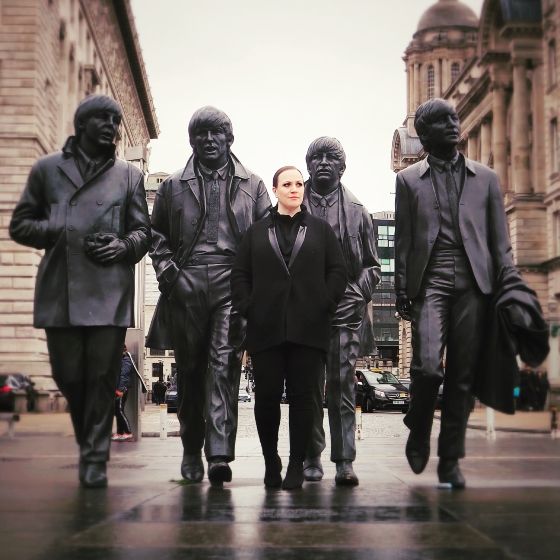
With such an extensive and varied career, how do you keep your performances fresh and continue to challenge yourself as an artist?
I am a voracious reader and also love to immerse myself in all kinds of culture, and a number of genres of music, especially live. There, inspiration lies. Classical music doesn’t exist in a vacuum.
Looking ahead, are there any roles, projects, or collaborations that you’re particularly excited about?
I’m always excited to perform the works of Gustav Mahler with some of the world’s greatest orchestras, including his Third Symphony with the Royal Liverpool Philharmonic Orchestra this season. Singing ‘at home’ with this orchestra is always a huge pleasure for me, they are simply the best.
For those aspiring to a career in classical music, what advice would you offer, especially to young singers just starting out?
Have other strings to your bow in case singing doesn’t work out, but give it your all and go the extra mile. It’s a difficult landscape out there now, and only the best will get anywhere, so know your stuff, seek out great teachers and mentors and coaches, and learn languages. You can never know too much, preparation is everything.

